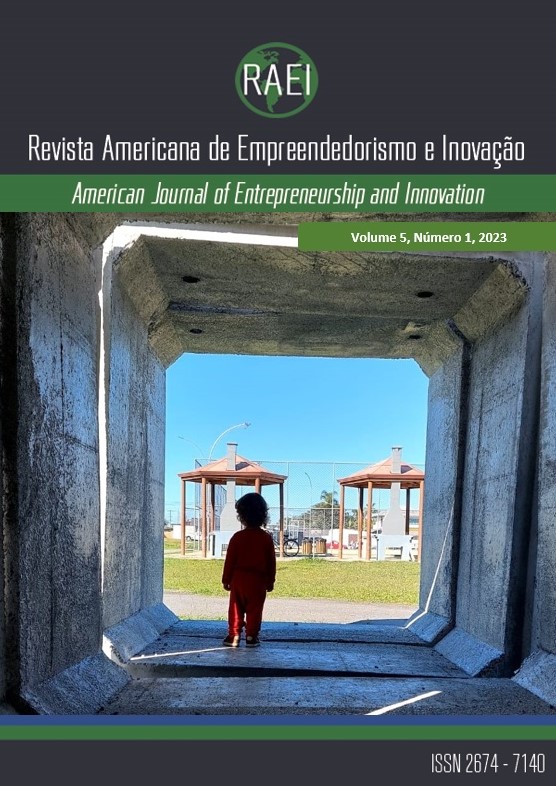Divergences on the Safety of the Technological Package for the production of Genetically Modified Seeds
DOI:
https://doi.org/10.33871/26747170.2023.5.1.7760Abstract
In Latin America, and particularly in Brazil and Argentina, the advance of transgenic cultivars was boosted from the mid-1990s. The speed of incorporation of this technology, in the last years, was due to the fact that it shortened the period of return of the investments. This productive model has been imposed in a large part of the world for more than 20 years and is applied under the umbrella of the technological modernization paradigm. According to some authors, the use of this techno-package, made up of the interaction of Transgenic Seeds (TS) or Genetically Modified Organisms (GMO), agrochemicals and direct sowing, has allowed positive aspects such as reducing soil erosion due to continuous coverage. with crop residues and a tight chemical control of weeds. For their part, other authors maintain that the constant use of this technological package produces long-term side effects in the area of human health, animal health and the contamination of the environmental space, affecting biological diversity.
This work was carried out by searching for an exhaustive review of bibliographic material on this topic, based on secondary information. It was observed that there are divergent opinions on the safety and/or dangers of the use of this technological package in human health and in the environment due to its use and the action of its components in the entire agricultural process and/or food destination.

